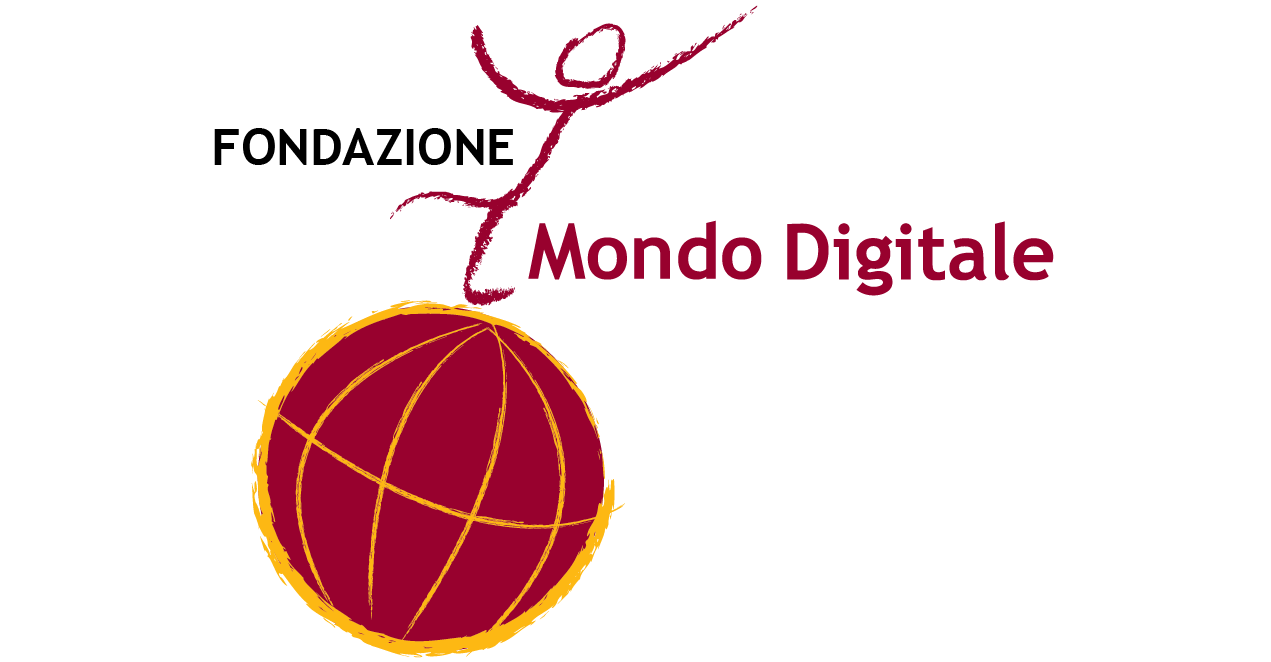JOINclusion
Joint problem-solving strategy towards social inclusion of children with a migrant background
Who We Are
Partnering to build a world where all primary school children are integrated
Our team is built on a unique group of partners from different background experiences (IT, pedagogy, psychology, artificial intelligence, etc.) and practice (technical development, academic research, nonprofit, formal and non-formal education) and will benefit from the collaboration and exchange of practices at the basis of the JOINclusion project work plan. Each partner organization (six in total) will gain new insight on practices and subjects that characterise the others and this will have a long-term impact on their capacity to approach their work from different perspectives.
Furthermore, the transnational nature of the partnership (Greece, Italy and the Netherlands) and potential collaborators in other countries will ensure attention to each country needs and interests in terms of integration and inclusion of diversity while providing a unique opportunity to develop a common strategy to counter common issues. The project will be the expression of collaboration among different cultures and backgrounds that will be reflected in the tool itself.
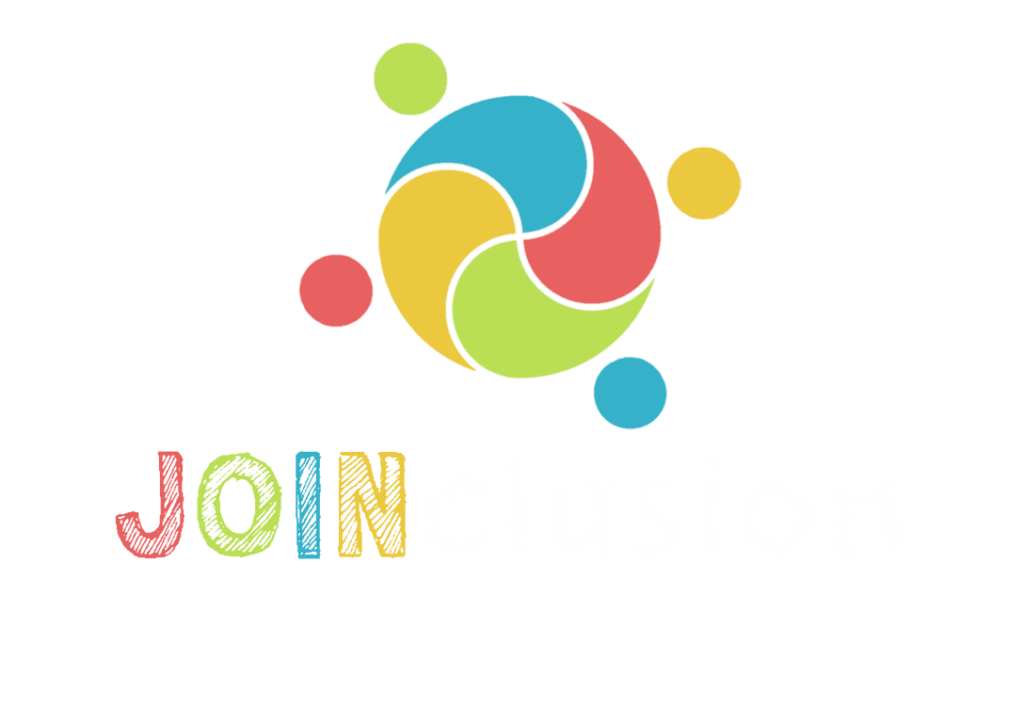
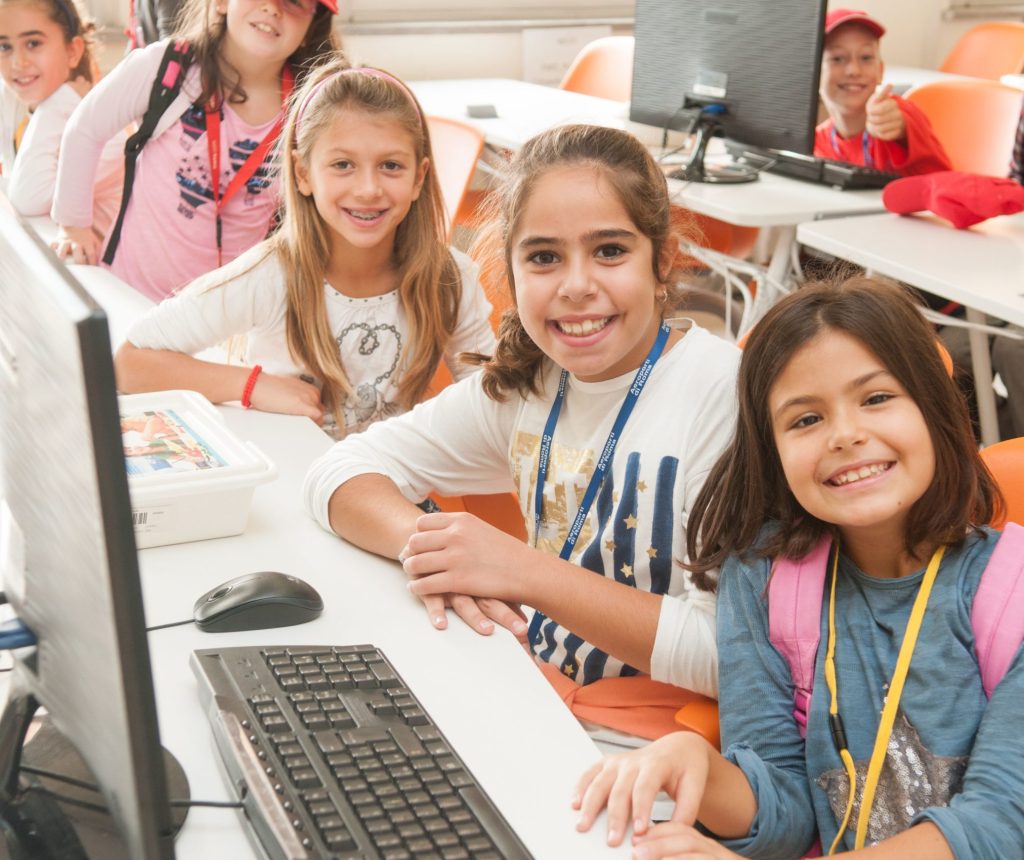
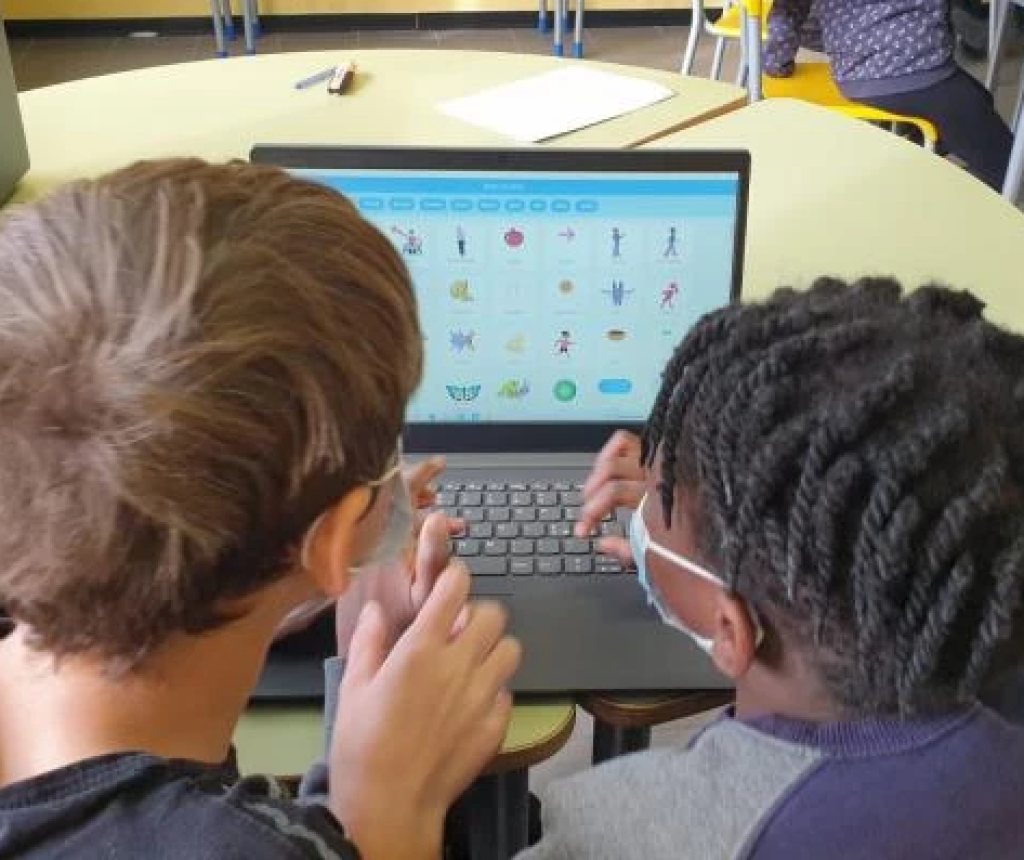
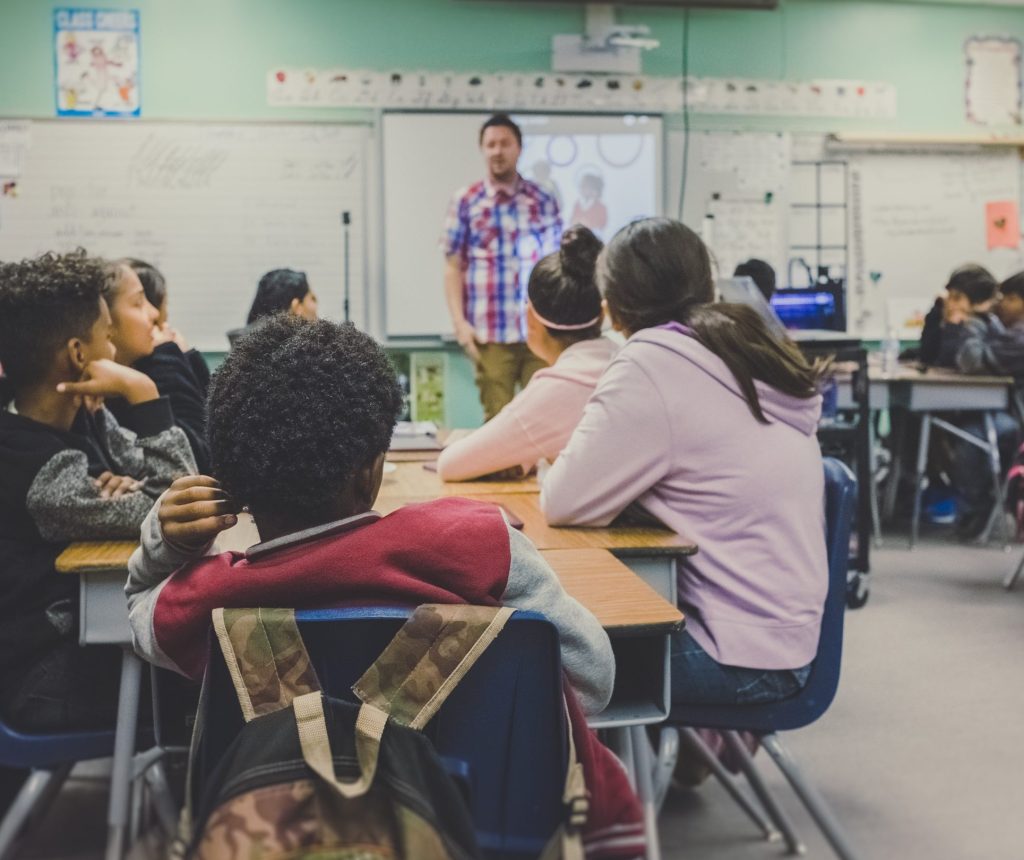
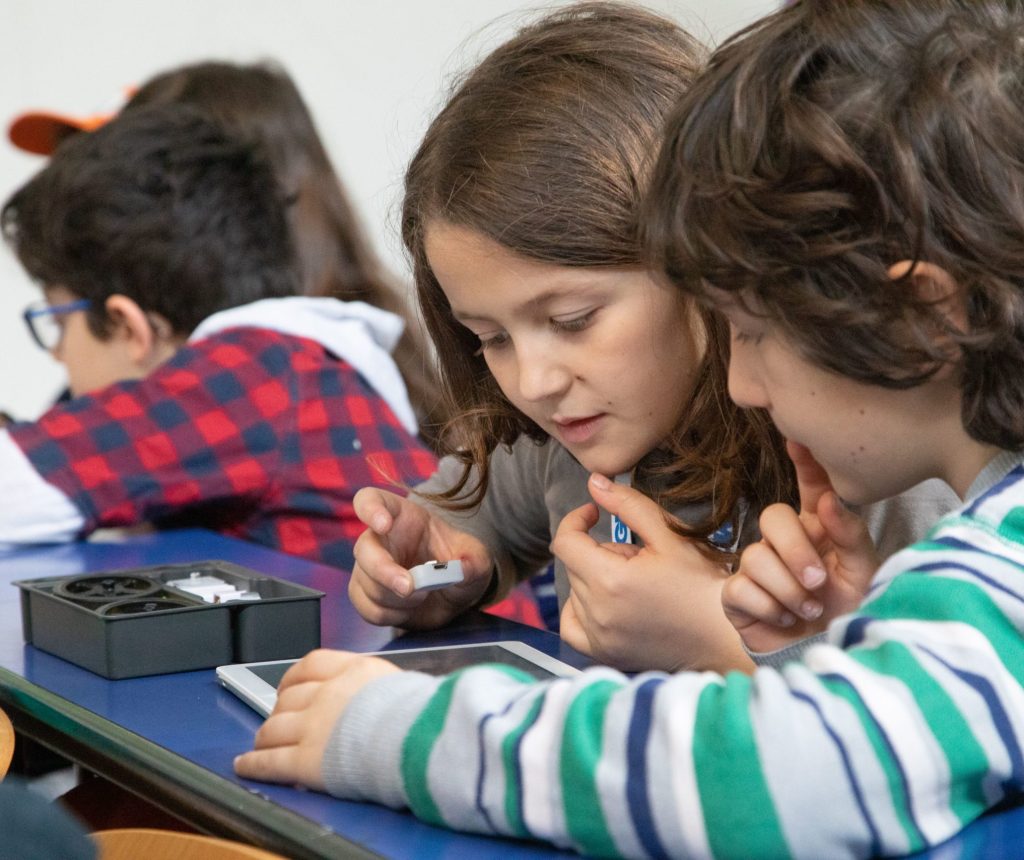
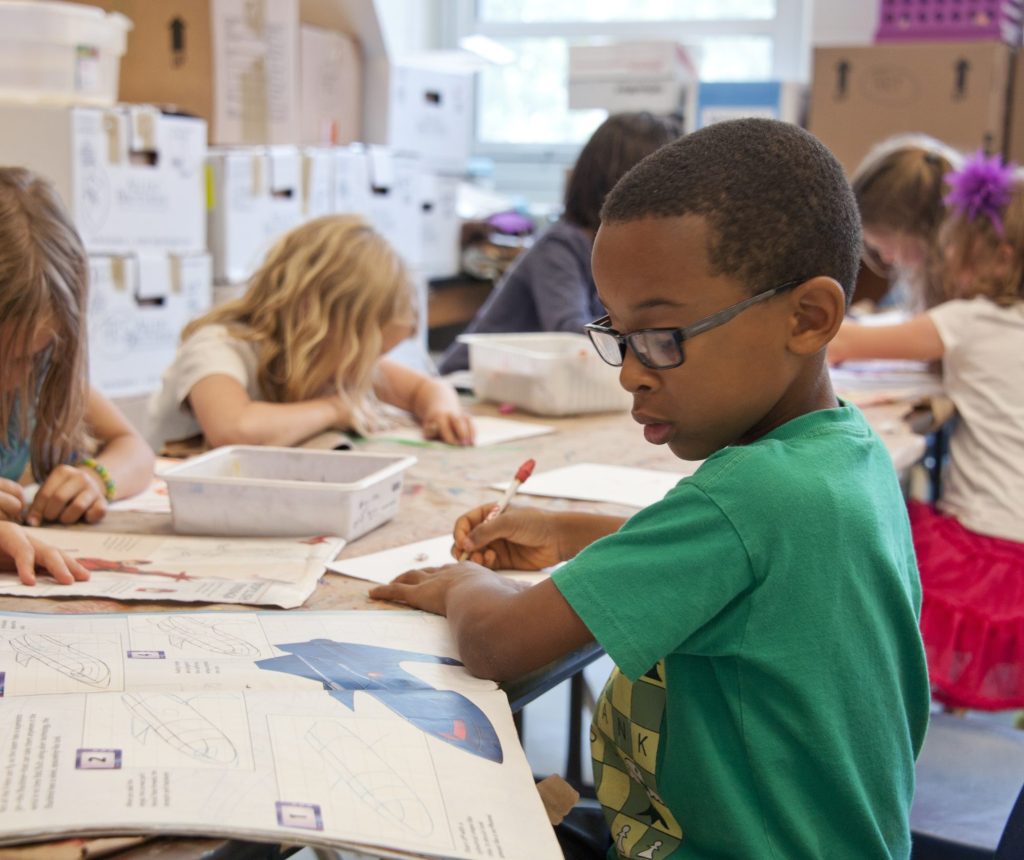
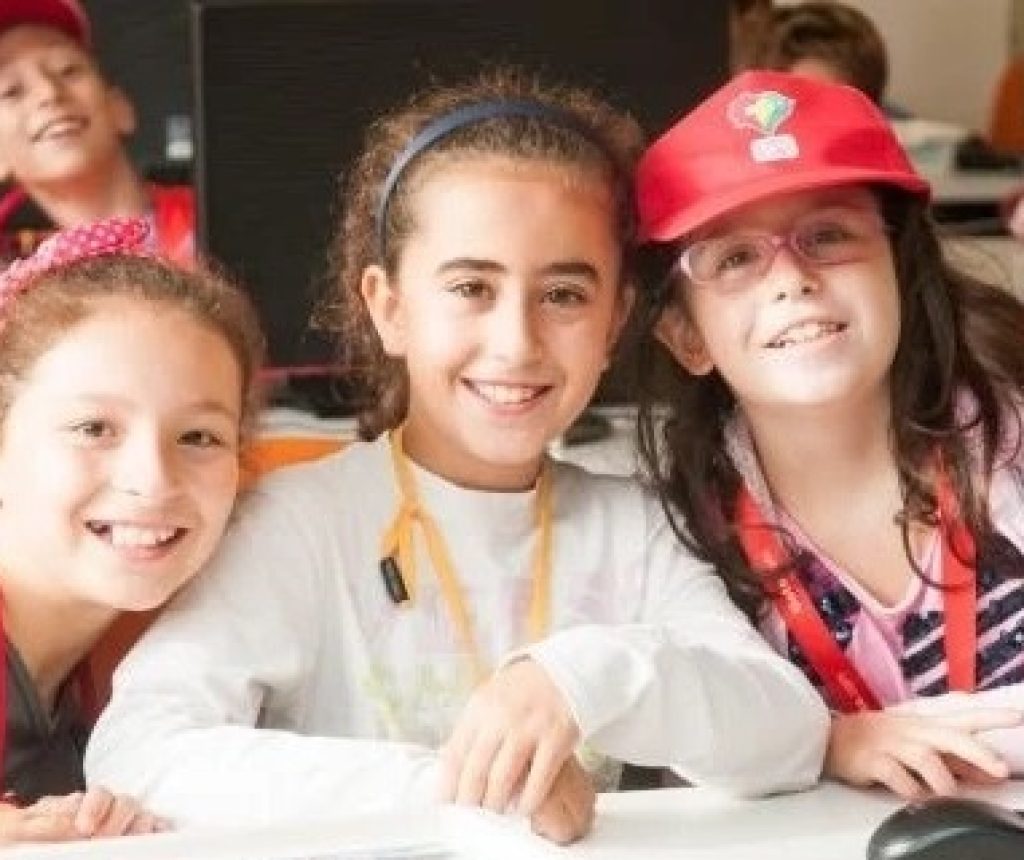
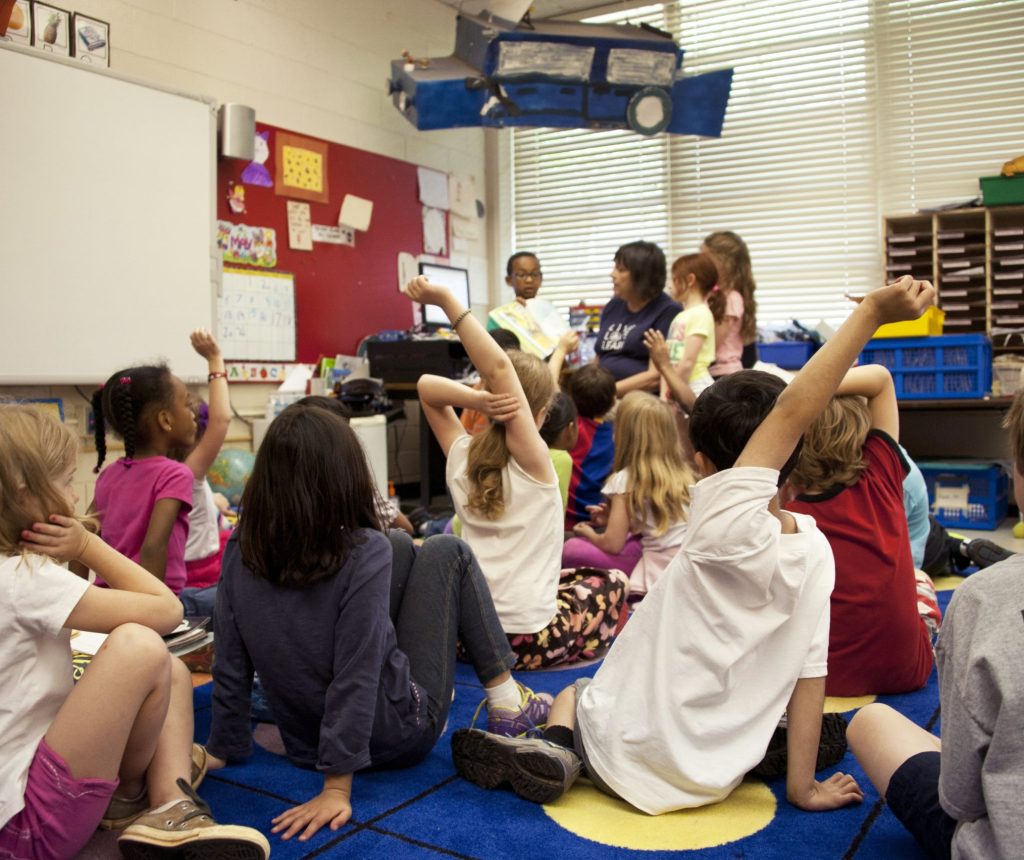
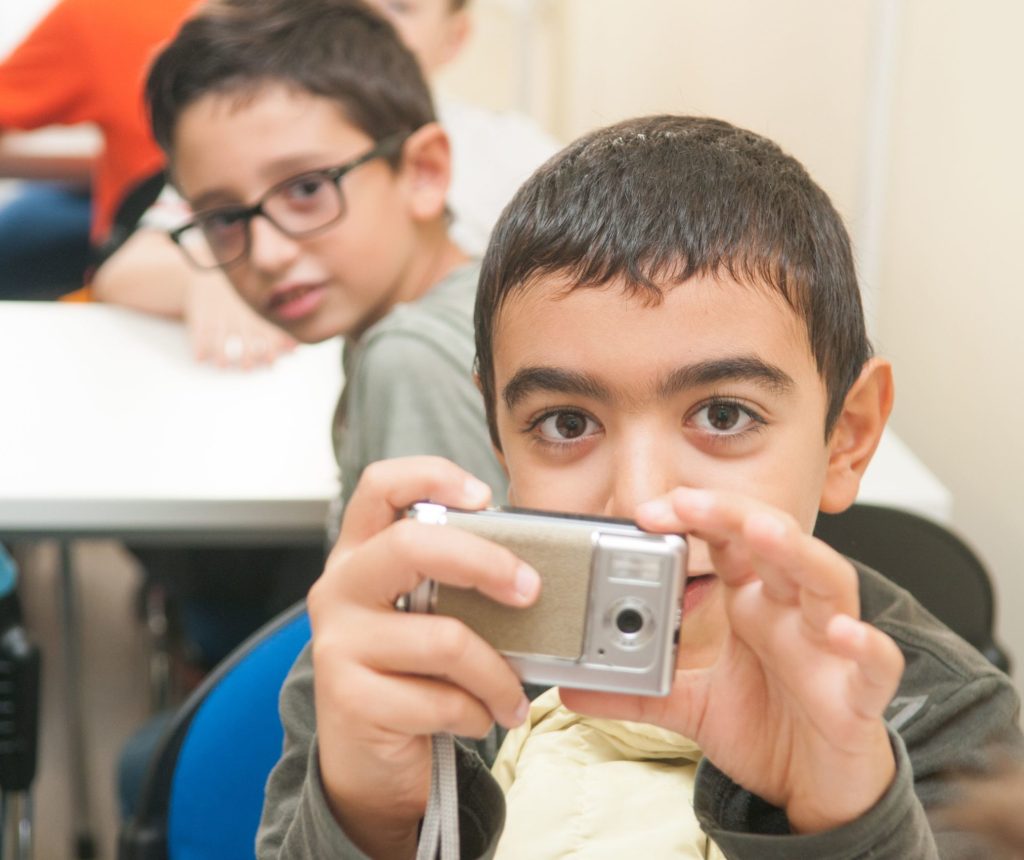
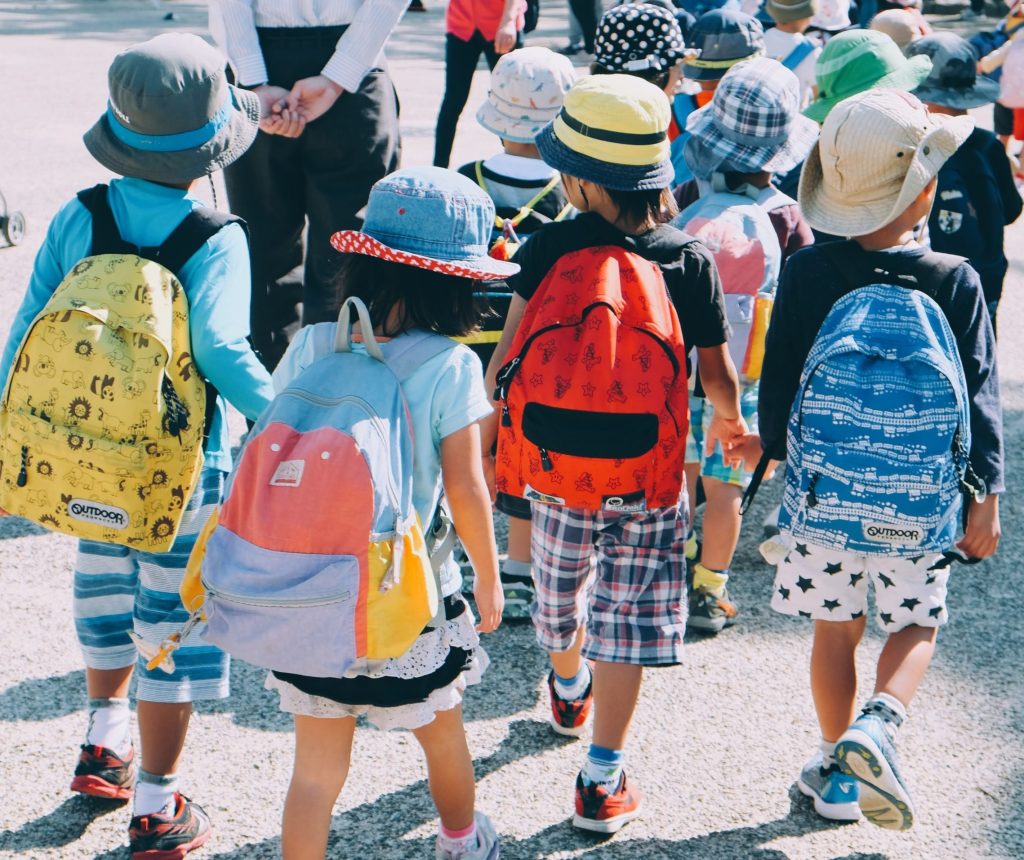
Joint problem-solving strategy towards social inclusion of children with a migrant background
JOINclusion is intended to foster the social inclusion of ALL children primary school students (with particular attention to those with a migrant background) through the use of a collaborative mobile application. This tool, designed by psychologists specializing in the field, aims to develop empathy learning scenarios strengthening the impact of their use. The scenarios are designed to promote dialogue between participants and facilitate channels to express themselves, promoting integration. Both the game and its scenarios are designed based on schools needs, involving end-users since early stages of the project development.
Furthermore, the collaborative serious game is boosted by machine learning techniques conceived to enhance user experience and optimize its efficiency as a tool promoting prosociality through personalisation based on affect detection. The interactions with the collaborative serious game is also designed to encourage self-reflection and post-game interaction among the members of the targeted groups (children with and without a migrant background) while, for children at risk of exclusion, it promotes reassurance to encourage them to learn to act as equal members of their new community and find their place in society.
01.
— Our Mission
The JOINclusion multidisciplinary partnership is applying the expertise of its members in the following main fields:
- Social inclusion
- Innovation in education (Technology Enhanced Learning)
- Psychological and cognitive science
- Collaborative games
- Artificial Intelligence for personalization and recommendation engines
- Affective computing
02.
— Our Vision
Our ambition is to achieve the social integration of all the children in European schools. To that end, JOINclusion mission is to provide ICT-based tools to promote equality and social justice among culturally diverse groups in primary schools.
03.
— Our Story
The partnership has an extensive experience in the field and it is built as a multidisciplinary, international and with complementary competencies group of motivated members. We envision ourselves as a micro-Europe, including countries geographically separated and culturally diverse and targeting pilots in countries such as the Netherlands, Italy and Greece among others.
Stories
Teachers' experience
Most of the discriminatory and bullying behaviors in school age are linked to cultural identity and related to racial, ethnic, and religious stereotypes (followed by gender and disability). The most popular strategies we adopted in schools to promote positive attitudes among students towards inclusion are related to playful activities fostering multicultural friendships outside formal schooling.
Teachers' needs
Among the limitations that we, as teachers, are experiencing to the development of education for diversity we can highlight the curriculum materials not supporting a multicultural perspective and our lack of confident while talking about diversity in class. We would like to know more about strategies and activities to support students developing softs skills such as empathy, respect and collaboration. More often than not, students lack skills related to the capacity to understand others’ emotions and feelings as well as the ability to understand the consequences of their actions towards others.
Student' experience
Since we started playing, some of my classmates are being kinder,”
Teachers' reactions
Being able to see the direct consequences of their choices helped students reflect on their actions. […]
This app gives us a new way to work on social skills that’s more engaging than traditional discussions





